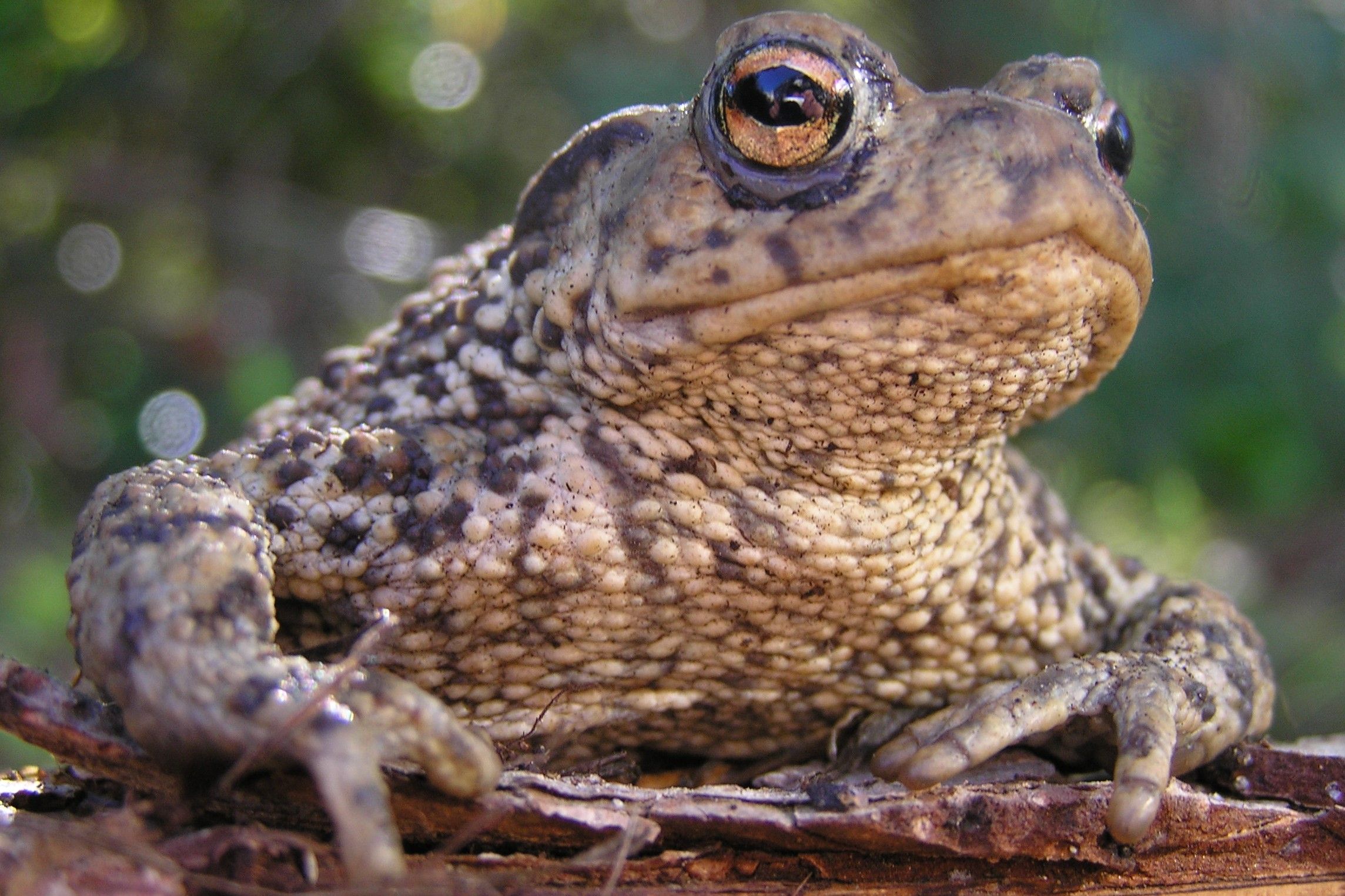The Common Toad is a widespread amphibian found throughout Britain though is absent from Ireland. Common Toads prefer deeper water bodies in which to breed, including fish ponds, farm ponds, reservoirs or village ponds. They have rough, ‘warty’ skin and tend to crawl rather than hop. Common Toads produce a toxin from a pair of glands on their back which makes them distasteful to would-be predators. Common toads have declined by 68% over the last 30 years in the UK. In some areas, such as the south east of England, declines have been even more pronounced. (Full paper at http://dx.plos.org/10.1371/journal.pone.0161943)
Action Needed
- Promoting and supporting the protection of large and regionally important toad populations in the planning system
- Raising awareness of the massive declines of common toads and the need to protect them
- Supporting the identification of wide-ranging measures that can help common toads in farmland through agri-environment schemes.
- Ensure the Scottish Biodiversity Strategy is fully implemented.
Threats
It is not clear what has caused numbers of toads to drop so dramatically but likely causes are a combination of changes to farming practices, loss of ponds, an increase in urbanisation and more deaths on roads as traffic values have increased. Climate change could also be a factor as research has shown that milder winters are detrimental for hibernating toads.
MSP Nature Champion



